For cleaning gunked-up coins, household solvents like vinegar (especially white distilled vinegar) and baking soda can be effective, especially when used in combination. Alternatively, isopropyl alcohol (also known as rubbing alcohol) with salt, or even ketchup, can also work. For delicate coins, olive oil or commercial coin cleaners are gentler options.
1. Vinegar and Baking Soda:
Vinegar: The acidity of vinegar helps dissolve grime and tarnish.
Baking Soda: Used as a mild abrasive, baking soda can help scrub away stubborn dirt.
How to use: Soak coins in vinegar for a short time, then sprinkle with baking soda and gently scrub with a soft brush or cloth. Rinse thoroughly with water and dry.
Caution: Baking soda can be abrasive, so be careful not to scratch valuable or collectible coins.
2. Vinegar and Salt:
How to use:
Mix salt into white distilled vinegar to create a solution, soak the coins, and then gently wipe clean.
Caution:
Vinegar and salt can be corrosive, so don't leave coins in the solution for too long.
3. Isopropyl Alcohol and Salt:
How to use: Soak coins in a mixture of isopropyl alcohol and salt, then rinse and dry.
Caution: Isopropyl alcohol is more abrasive than vinegar, so use with caution.
4. Ketchup:
How to use: The acidity in ketchup can help break down surface stains. Let the coins soak for a bit and then gently rub with a cloth.
Caution: May leave a sticky residue that needs to be rinsed off.
5. Olive Oil:
How to use: Soak coins in olive oil for a few days to loosen dirt, then rinse and dry.
Caution: This is a very mild method and may not be effective for heavily soiled coins.
clean gunked up coins
Contact me directly: Ironfeatherbooks (@) gmail.com



